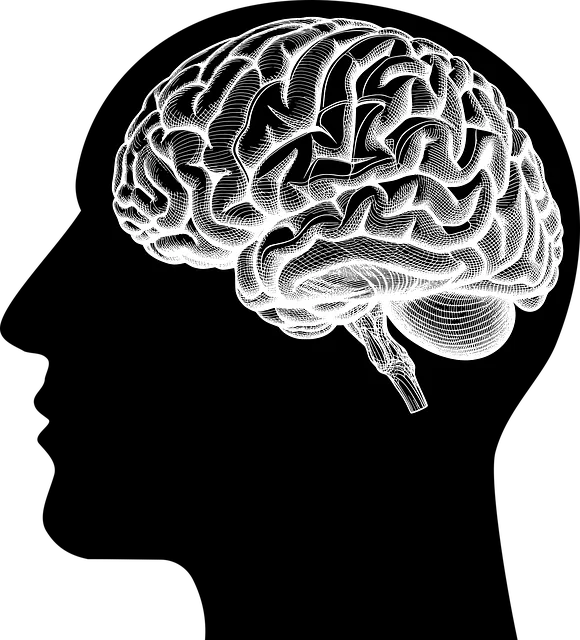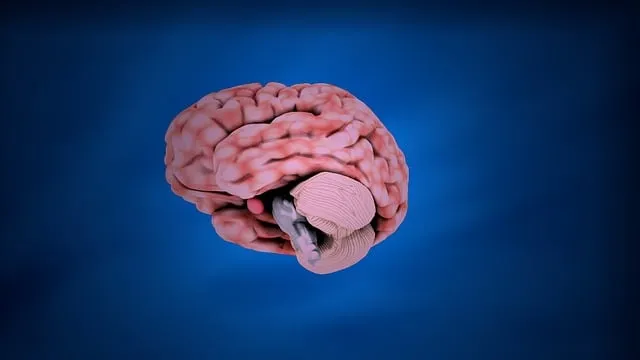The Centennial Kaiser Permanente mental health department leverages advanced data collection and analysis techniques to significantly enhance patient care. By integrating electronic health records, patient feedback, and crisis interventions, they gather comprehensive data on demographics, treatment plans, medication adherence, and patient-reported outcomes. This multi-faceted approach allows for in-depth analysis, tailored interventions, and improved quality of care. Using predictive modeling and data visualization tools, the department identifies at-risk individuals and communities, optimizes resource allocation, and introduces targeted initiatives based on program effectiveness and identified areas for enhancement. This data-driven strategy ultimately contributes to improved patient outcomes and enhanced service delivery within the Centennial Kaiser Permanente mental health department.
Mental health data analysis is a powerful tool for understanding and improving patient care at organizations like Centennial Kaiser Permanente. This article explores the critical process of collecting, analyzing, and interpreting data within the mental health department at Kaiser Permanente, using their extensive resources and innovative techniques. By employing advanced statistical methods, we uncover insights that drive improvements in care delivery and policy decisions, ultimately enhancing the well-being of patients across the organization’s vast network.
- Understanding Mental Health Data Collection at Kaiser Permanente
- Techniques for Efficient Mental Health Data Analysis
- Interpreting Data to Drive Improvements in Care and Policy
Understanding Mental Health Data Collection at Kaiser Permanente

Kaiser Permanente, a leading healthcare provider, has been at the forefront of innovative mental health data collection and analysis. The organization’s dedicated mental health department, with its extensive network across various locations, including the Centennial location, collects a vast array of data to understand and improve mental wellness among its members. This data includes demographics, treatment plans, medication adherence, and patient-reported outcomes, all of which are crucial for comprehensive assessment.
The collection process involves a multi-faceted approach, integrating electronic health records with feedback from patients and healthcare professionals. Crisis Intervention Guidance is a key component, ensuring that data reflects real-world experiences during mental health crises. Effective communication strategies facilitate data gathering, encouraging open dialogue and promoting patient engagement. This holistic method allows for in-depth analysis, enabling the mental health department to identify trends, tailor interventions, and ultimately enhance the quality of care provided to its diverse population.
Techniques for Efficient Mental Health Data Analysis

The efficient analysis of mental health data is paramount to understanding patient needs and guiding evidence-based practices within healthcare systems. At Centennial Kaiser Permanente, the mental health department leverages advanced statistical techniques and data visualization tools to uncover meaningful insights from extensive datasets. This involves exploring various analytical methods tailored to different types of data, such as qualitative interviews, quantitative survey responses, and electronic health records. By integrating Self-Awareness Exercises and Emotional Healing Processes into their analysis frameworks, professionals can gain deeper understanding of patient experiences and symptom trends over time.
Beyond enhancing clinical decision-making, these techniques play a crucial role in the Risk Assessment for Mental Health Professionals. Through sophisticated data mining algorithms and predictive modeling, practitioners can identify at-risk individuals and communities, enabling proactive interventions. This data-driven approach not only optimizes resource allocation but also fosters more personalized care plans, ultimately contributing to improved patient outcomes and enhanced service delivery within the mental health department.
Interpreting Data to Drive Improvements in Care and Policy

The interpretation of mental health data is a powerful tool that can drive significant improvements in care and policy at institutions like Centennial Kaiser Permanente. By meticulously analyzing trends within their mental health department’s numbers, professionals gain valuable insights into the effectiveness of current programs and services, identifying areas that need enhancement or new initiatives to introduce. This process enables them to make data-driven decisions, ensuring resources are allocated efficiently and effectively.
For instance, a close examination of the data might reveal a rising trend in anxiety disorders among their patient population. This information could prompt the mental health department to develop and implement targeted interventions, such as stress reduction methods and communication strategies tailored to this specific need. Additionally, identifying gaps in services, like a lack of support for certain age groups or communities, can guide the creation of new programs, including public awareness campaigns development, to address these underrepresented segments, ultimately enhancing the overall mental well-being of their members.
Mental health data analysis is a powerful tool for improving patient care and shaping policy at organizations like Centennial Kaiser Permanente. By understanding unique collection methods, employing efficient analytical techniques, and interpreting results with nuance, the mental health department can uncover insights that drive meaningful improvements. Leveraging this data-driven approach ensures that services are tailored to meet the diverse needs of patients, ultimately enhancing overall well-being within the organization’s care framework. The Centennial Kaiser Permanente mental health department demonstrates that a data-centric strategy is not only possible but essential for progress in this critical domain.






